Navigating Wilson County, Tennessee: A Comprehensive Guide
Navigating Wilson County, Tennessee: A Comprehensive Guide
Related Articles: Navigating Wilson County, Tennessee: A Comprehensive Guide
Introduction
With enthusiasm, let’s navigate through the intriguing topic related to Navigating Wilson County, Tennessee: A Comprehensive Guide. Let’s weave interesting information and offer fresh perspectives to the readers.
Table of Content
Navigating Wilson County, Tennessee: A Comprehensive Guide
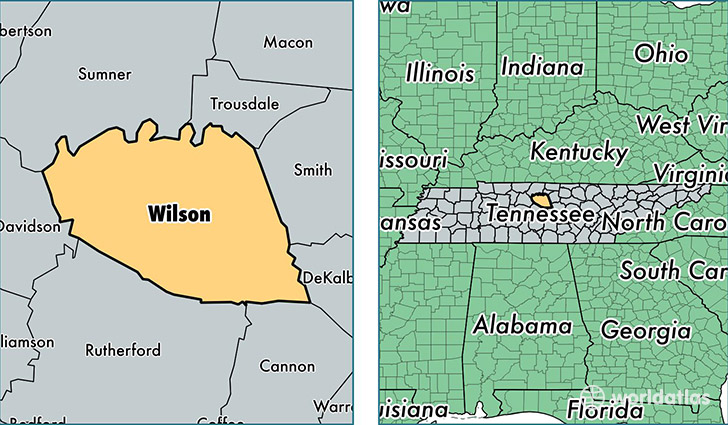
Wilson County, nestled in the heart of Middle Tennessee, is a vibrant and dynamic county offering a rich tapestry of history, culture, and natural beauty. Understanding its geography and layout is crucial for navigating its diverse landscape, exploring its attractions, and appreciating its unique character. This comprehensive guide will delve into the intricacies of Wilson County’s map, providing a detailed exploration of its features and their significance.
A Geographic Overview: Delving into the County’s Landscape
Wilson County encompasses approximately 574 square miles, characterized by rolling hills, fertile valleys, and winding waterways. The Cumberland River, a vital artery for transportation and recreation, flows through the county, shaping its landscape and influencing its development. The county’s geographic features are further defined by the presence of several smaller streams and creeks, adding to its natural beauty and contributing to its agricultural productivity.
The Heart of the County: Lebanon, Tennessee
The county seat, Lebanon, sits in the central portion of Wilson County. This historic city, known as the "Cedar City," serves as the county’s economic and cultural hub. Its strategic location, nestled within the county’s fertile valleys and along the banks of the Cumberland River, contributed significantly to its growth and development.
Exploring the County’s Towns and Communities
Beyond Lebanon, Wilson County is home to several other vibrant towns and communities, each with its distinct character and charm. These include:
- Mt. Juliet: Located on the eastern edge of the county, Mt. Juliet is a rapidly growing suburb of Nashville, attracting residents with its suburban lifestyle and proximity to the city’s amenities.
- Watertown: Nestled along the Cumberland River, Watertown boasts a rich history and a strong connection to its agricultural heritage.
- Gladeville: Situated in the northern part of the county, Gladeville is a small, rural community known for its peaceful atmosphere and scenic beauty.
- West Harpeth: This unincorporated community, located in the western part of the county, offers a glimpse into the county’s rural past and its connection to agriculture.
Understanding the County’s Roads and Highways
Wilson County is well-connected by a network of state and local roads, facilitating travel within and beyond its boundaries.
- Interstate 40: A major east-west highway, I-40 runs through the county, connecting it to Nashville, Memphis, and other major cities.
- Interstate 840: This loop around Nashville intersects with I-40 in Wilson County, providing an alternative route for travelers.
- Highway 109: A major north-south highway, Highway 109 traverses the county, connecting Lebanon to Nashville and further south.
- Highway 70: This east-west highway connects Lebanon to the eastern part of the county and beyond.
A Map as a Window into History and Culture
The map of Wilson County is not just a guide to its physical features; it also reveals the county’s rich history and cultural heritage. The locations of historical landmarks, museums, and cultural centers offer insights into the county’s past and its evolution over time.
Navigating the County’s Natural Beauty
The map of Wilson County serves as a guide to its diverse natural attractions. The Cumberland River offers opportunities for boating, fishing, and kayaking, while the county’s parks and green spaces provide havens for hiking, biking, and enjoying the outdoors.
The Importance of the Map: A Tool for Exploration and Understanding
The map of Wilson County is an essential tool for navigating its diverse landscape, understanding its history and culture, and appreciating its natural beauty. It serves as a guide for exploring the county’s attractions, connecting its communities, and appreciating the interconnectedness of its geography, history, and culture.
FAQs: Addressing Common Queries about Wilson County
1. What are the major industries in Wilson County?
Wilson County boasts a diversified economy, with significant contributions from manufacturing, healthcare, education, and retail. The county is home to several major employers, including Nissan North America, Bridgestone Americas, and the Lebanon VA Medical Center.
2. What are some popular attractions in Wilson County?
Wilson County offers a range of attractions, including:
- The Wilson County Historical Society Museum: This museum showcases the county’s history and culture through exhibits and artifacts.
- The Cumberland River: Offers opportunities for boating, fishing, and kayaking.
- Long Hunter State Park: Provides hiking trails, picnic areas, and scenic views.
- The Cedars of Lebanon State Forest: Features scenic hiking trails, campgrounds, and opportunities for wildlife viewing.
- The Lebanon Farmers Market: Offers a vibrant selection of local produce, crafts, and food vendors.
3. What are the best places to live in Wilson County?
Wilson County offers a variety of housing options, catering to different preferences and budgets. Popular areas include:
- Lebanon: Offers a mix of historic charm and modern amenities.
- Mt. Juliet: Provides a suburban lifestyle with proximity to Nashville.
- Watertown: Offers a peaceful and scenic setting along the Cumberland River.
4. What are the best schools in Wilson County?
Wilson County is served by the Wilson County School System, which operates a network of elementary, middle, and high schools. The county is also home to several private schools.
5. What is the cost of living in Wilson County?
The cost of living in Wilson County is generally lower than in nearby Nashville, making it an attractive option for those seeking affordability.
Tips for Exploring Wilson County
- Plan your itinerary: Research the attractions you wish to visit and plan your routes accordingly.
- Utilize the map: Refer to the map for directions, locating attractions, and understanding the county’s layout.
- Embrace the outdoors: Take advantage of the county’s natural beauty by exploring its parks, trails, and waterways.
- Engage with the local culture: Visit local museums, attend community events, and savor the county’s culinary offerings.
- Respect the environment: Be mindful of your impact on the environment and practice responsible tourism.
Conclusion: A County Rich in History, Culture, and Natural Beauty
The map of Wilson County serves as a gateway to understanding its diverse landscape, rich history, and vibrant culture. It provides a framework for exploring its attractions, connecting its communities, and appreciating the unique character of this Middle Tennessee county. Whether you are seeking historical insights, outdoor adventures, or a taste of small-town life, Wilson County offers something for everyone. By using the map as a guide, you can embark on a journey of discovery and experience the charm and vitality of this captivating county.
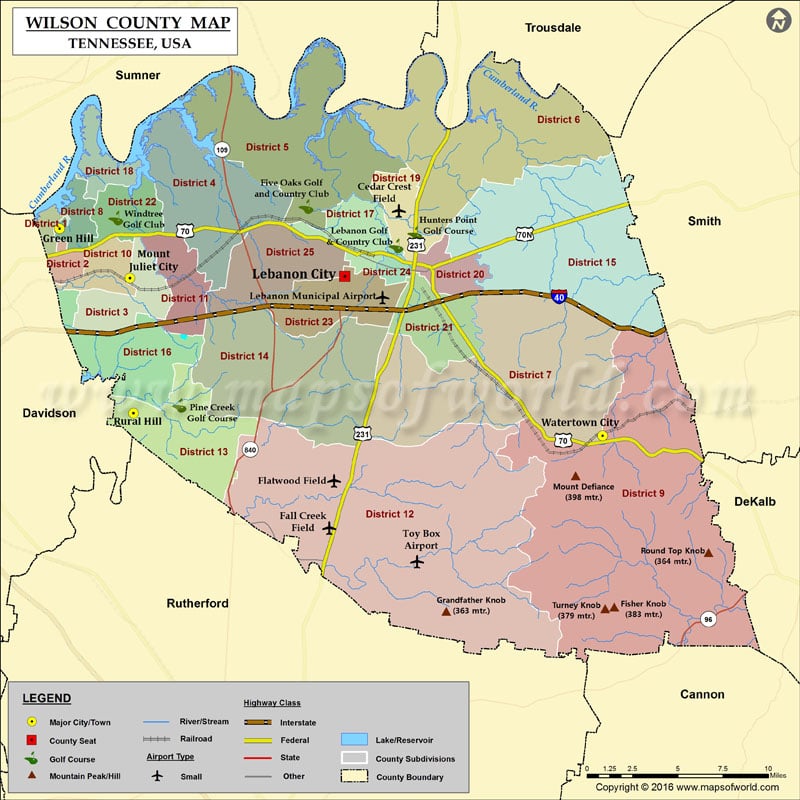
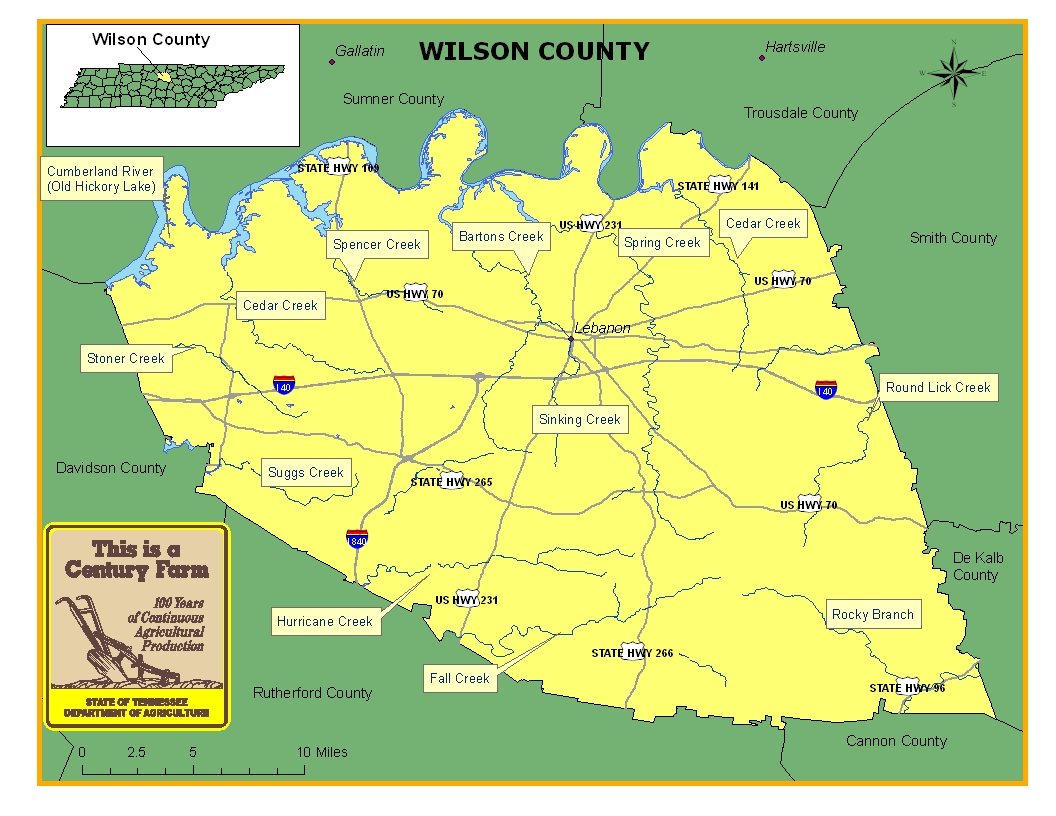
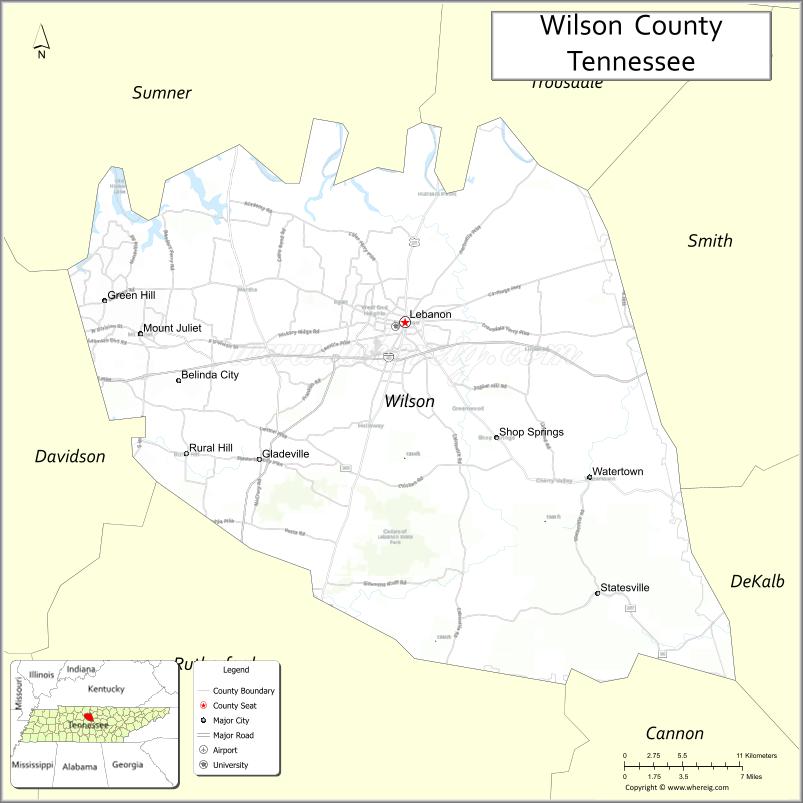
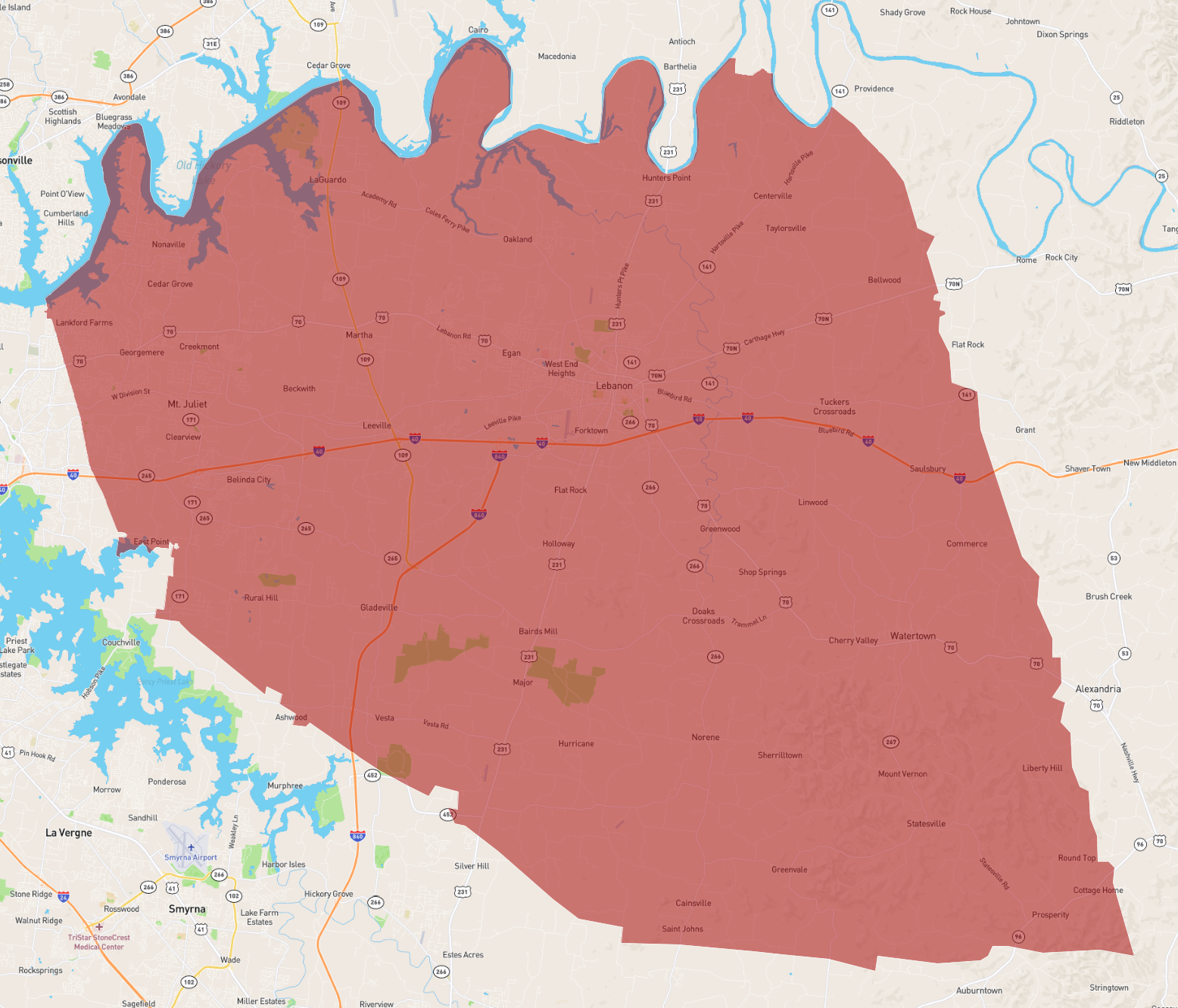
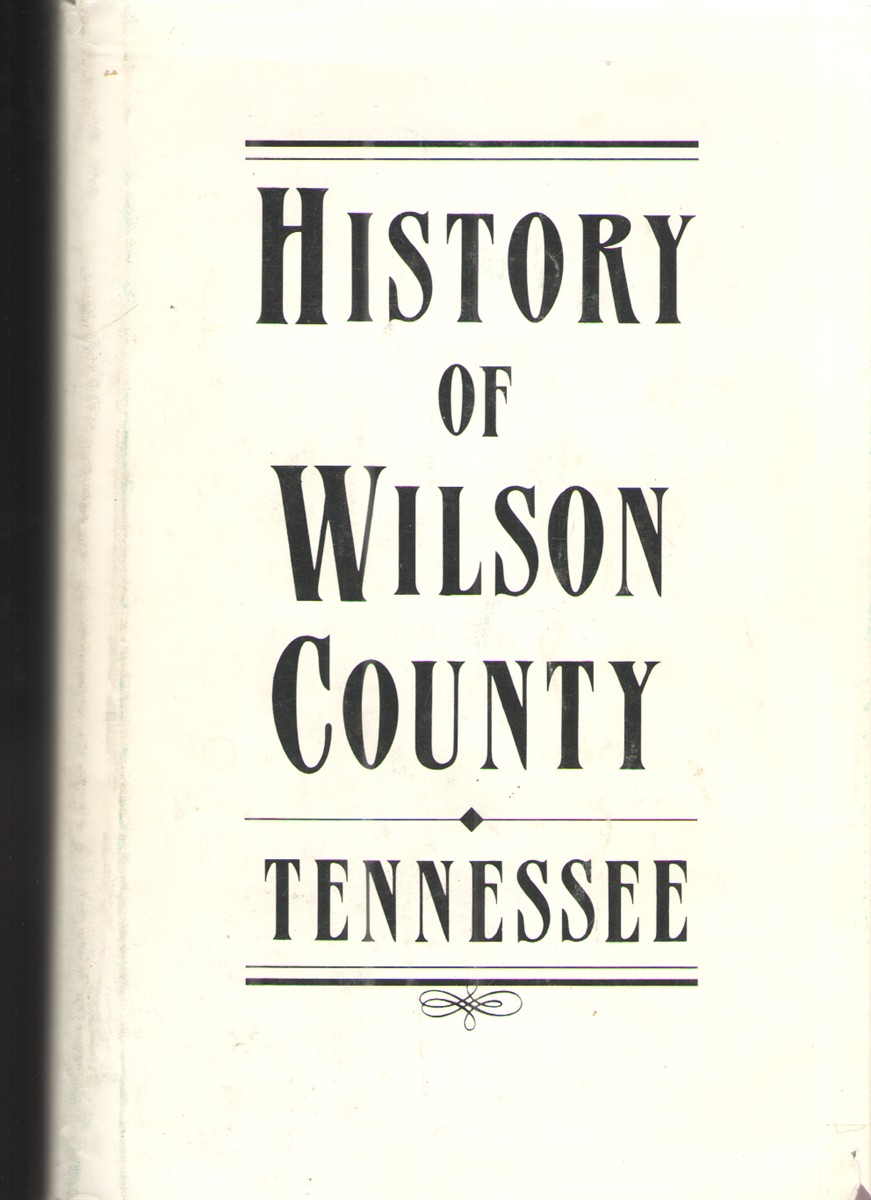
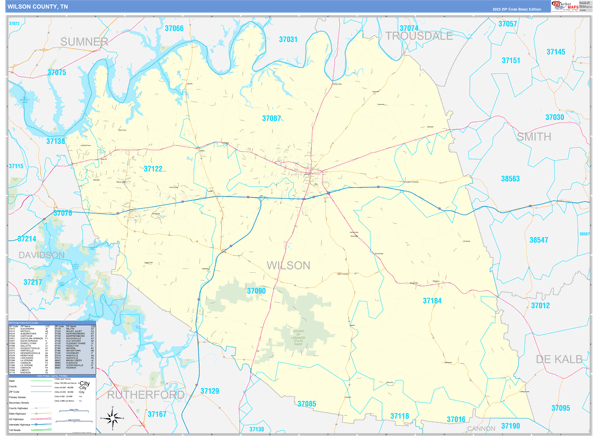
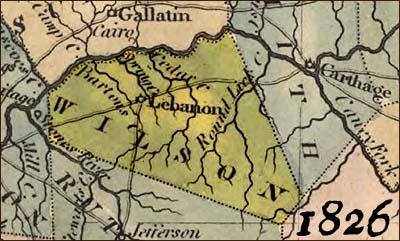
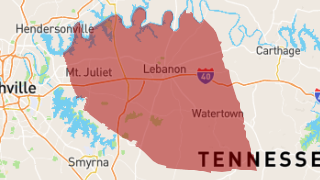
Closure
Thus, we hope this article has provided valuable insights into Navigating Wilson County, Tennessee: A Comprehensive Guide. We hope you find this article informative and beneficial. See you in our next article!